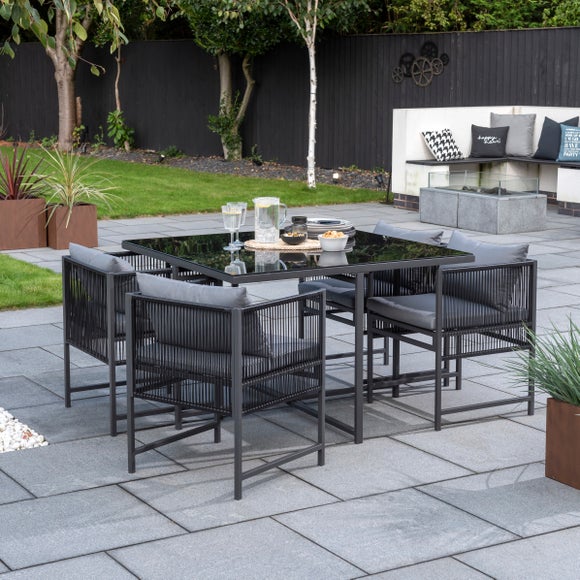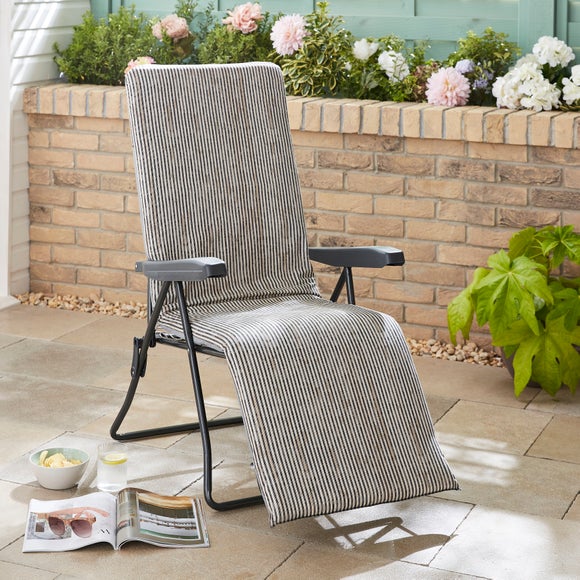British Garden Centres: On March 3rd, we celebrate World Wildlife Day, a time to honour and raise awareness for the incredible diversity of wildlife and plants that inhabit the planet. Unfortunately, many beloved creatures are facing population declines, underscoring the urgent need for conservation. At British Garden Centres, we are committed to supporting wildlife, and we're here to guide you through practical steps you can take to make a difference in your garden.
Bees:
Bumblebees, vital pollinators essential to our ecosystems, are under threat, with a concerning number of Europe's wild bee species at risk of extinction. Factors such as urbanisation, changes in land use, and intensive farming have contributed to the loss of their natural habitats. You can help by providing shelter for solitary bees like mason and leafcutter bees by investing in or building your own insect hotel using simple materials like wooden blocks and logs. Placing these shelters in sunny, south-facing locations on walls or fences can greatly support bee conservation efforts.
Top Tip: Plant a variety of flowers that bloom at different times throughout the year to ensure a continuous food source for bees. Some excellent choices include Lavender, Foxglove, Echinacea, Sunflowers, Salvia, Nepeta, and Zinnias.
Butterflies:
The decline of butterflies, particularly in urban areas, is attributed to habitat loss and climate change. You can help support butterfly populations by installing butterfly hotels in your garden. These decorative structures, equipped with front openings, provide a welcoming habitat for butterflies. Enhance their new homes by placing sugar solution-soaked sponges nearby and planting nectar-rich flowers in clusters in your outdoor space.
Top Tip: Create basking spots for butterflies by placing flat stones in sunny areas.
Insects:
Insects are crucial for maintaining a healthy ecosystem in your garden. They play a significant role in pollination, soil health and pest control. By encouraging a diverse range of beneficial insects like ladybirds, hoverflies, lacewings, and beetles, you can create a thriving and sustainable garden. You can do this by providing them with suitable habitats like planting native flowers, shrubs and trees. You can also allow certain areas of your garden to grow wild and undisturbed to serve as nesting sites and shelters for these helpful creatures. This will help them to find refuge from predators, as well as provide them with an abundant food source.
Top Tip: Ladybirds love plants that attract aphids, such as marigolds or cosmos, so plant near your insect hotel or in containers to provide a food source.
Birds:
Encouraging birds to visit your garden is a delightful activity, especially in the UK since it's known for its love for birds. You can seek advice from your local British Garden Centres store where they can offer you suggestions on bird feeders and a diverse range of seeds to attract different bird species. Having access to clean water is essential for birds, so you can install bird baths with shallow edges to ensure they can drink and bathe comfortably.
Top Tip: Planting fruit-bearing trees and shrubs provides natural food sources for birds throughout the year, which can be incredibly beneficial to their well-being.
Hedgehogs:
Hedgehogs are facing challenges due to habitat destruction, leading to significant declines in their UK population. Help hedgehogs thrive by providing shelter, food, and access between gardens. Create or look for hedgehog houses using simple materials and leave parts of your garden wild to offer them suitable habitats.
Top Tip: Offer hedgehogs high-quality cat or dog food with a high meat content as part of their diet, and ensure they always have access to fresh water.
Amy Stubbs, Project and Development Manager at British Garden Centres said: “By following these simple yet impactful steps, you can contribute to the conservation of British wildlife and create a thriving ecosystem in your garden. We have seen a shift in gardening practices that reflects an interest in supporting birds, pollinating insects, invertebrates, and the wildlife that rely on them and our knowledgeable and helpful team is always on hand on how to turn your outdoor space into a nature haven for World Wildlife Day.”
This story was published on: 01/03/2024
Image attribution: Pexels.com (Free)
Links to external, or third party websites, are provided solely for visitors' convenience. Links taken to other sites are done so at your own risk and Garden Help accepts no liability for any linked sites or their content. When you access an external website, keep in mind that Garden Help has no control over its content. Any link from us to an external website does not imply or mean that Garden Help endorses or accepts any responsibility for the content or the use of such website. Garden Help does not give any representation regarding the quality, safety, suitability, or reliability of any external websites or any of the content or materials contained in them. It is important for users to take necessary precautions, especially to ensure appropriate safety from viruses, worms, Trojan horses and other potentially destructive items. When visiting external websites, users should review those websites' privacy policies and other terms of use to learn more about, what, why and how they collect and use any personally identifiable information. Hyperlinks and hypertext links are provided on our website to promote easy access to the variety of information and services provided. We accept no liability arising out of the use of such links, including: misuse or misunderstanding of these hyperlinks and hypertext links and web site navigational methods third party interpretation of data or information which is distributed around the web site and reached using hypertext and hyperlinks third party understanding of or use of the navigational structure of the site or the interpretation of distributed information on the site We may revise
this disclaimer at any time, without prior notice, by updating this web page.
We work hard to make sure that every image is used properly and according to the creator's wishes. If you feel that there is a attribution or copyright issue, please
Click Here
IMMEDIATELY













































